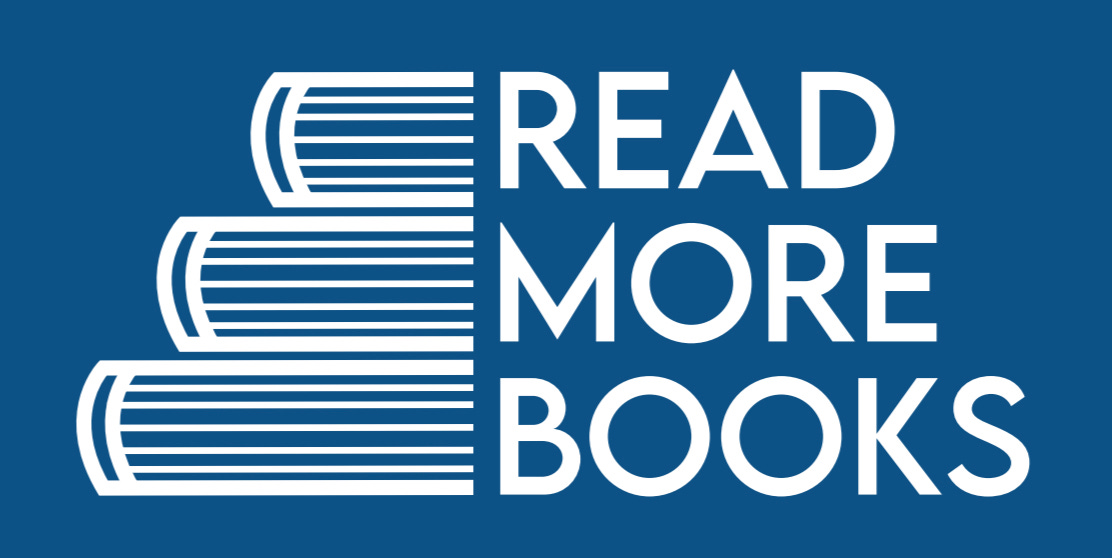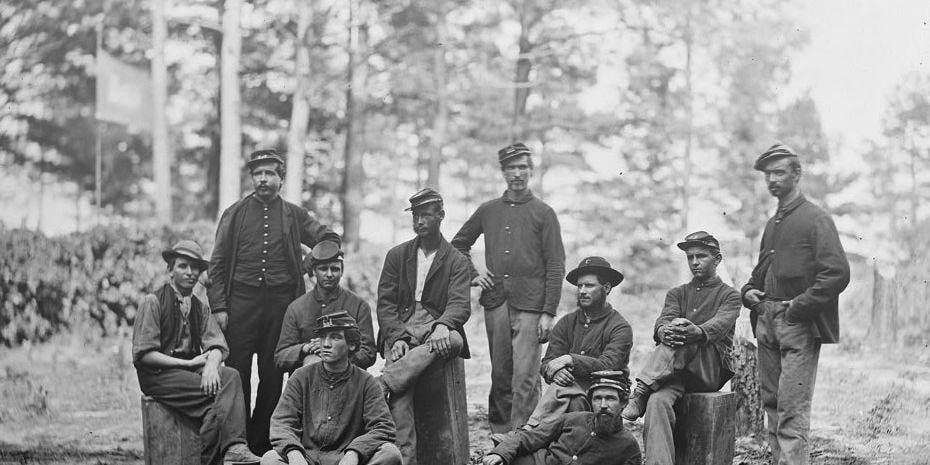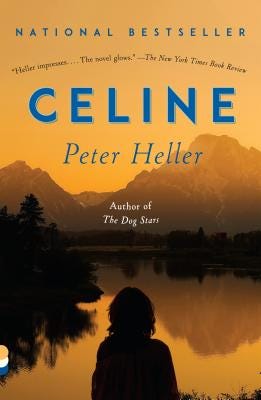Happy Friday!
A couple weeks back, I wrote about the commonalities of wartime literature for my War and Peace book club. (If you’re a reader over there, my apologies for the repeat content!) I’ve been thinking about it more and more as the days have gone by and I wanted to share it with you all to get your thoughts.
In this edition I also feature the June pick for the Colorado Cocktail and Literary Society (our book club), which was mostly a hit with the crew (✋), but did have a few naysayers.
Let’s get to it. As always, let me know what you’re reading!
3 Commonalities of Wartime Literature
Though unplanned, I’ve read a lot of war-time books recently, covering a number of different time periods. April 1865 was about the American Civil War; Washington’s End was mostly about our first president’s later years, but inevitably got into his wartime legend as well; Battlefront: Twilight Company, a novel of the Star Wars universe, is very much a realistic portrayal of wartime—when it comes to the relational and mindset aspects. And of course War and Peace, which I’m reading a chapter of every day, puts the Napoleonic Wars front and center.
Here are a few things I’ve found in common with what makes for a great war book:
Ambiguous motives. Boredom, pride, vengefulness, patriotism, protectiveness—all play a factor in war, and in most cases, they’re all co-mingled. It’s rare that you’ll find a character, in fiction or in non-fiction, who has entirely pure or entirely evil motives. Humans are complex; there’s no reason to think that their choices on the battlefield would be any different.
Everyday realities. Between the (often short) stretches of fighting, there’s a lot of downtime in war. Whether it’s walking miles through abandoned farmland trying to scrounge for your next meal—both in April 1865 and War and Peace—or flying through hyperspace and gambling to pass the time, war is never a non-stop action flick. Writers who portray it that way are misleading their audience. The best writers make it clear that between intense bouts of stress, there are periods of almost eerie calm and mind-numbing tedium.
Colorful characters—and a clear focus on those characters. War books that focus too much on the forest just aren’t as interesting as those that zoom in on the individual trees. When the narrative is all strategy and troop movements, the reader’s attention lags. In War and Peace, it’s why Tolstoy gives us more dialogue from Napoleon himself than a broad view of the battles (even though he indeed does that a little bit). The best war stories don’t require intimate knowledge of context, maps, outcomes, etc.; all they require is a willingness to dive into the tale and not get bogged down by the details.
I only used a few books as examples here, but if you think about your favorite wartime books—fiction or non-fiction, made up battles or real ones—they include these elements. I’d actually argue these are the characteristics which make them so good. All Quiet on the Western Front, The Things They Carried, With the Old Breed, For Whom the Bell Tolls.
I’d love to hear your thoughts on this, and any other elements you think make up a great battle story.
Celine by Peter Heller
Published: 2017 | Pages: 354
A renowned Nat Geo photographer has gone missing in Yellowstone. A motherless daughter grieves, privately, for years. One day, something pushes her to reach out to a PI with a penchant for finding people that nobody else can find.
Celine, our titular character, is an older woman—60s, I think—whose age is catching up with her, but not her mind or her wit. It’s obvious from the get-go that Celine not your average gumshoe. With a prep school upbringing and an elegant demeanor, she seems to believe that kind naiveté is a better cover than just about anything else.
There are a number of thoughtful and tightly-woven threads in this story. Ultimately, Heller has much to say about grief, loss, finding, not finding, and living fully in the midst of that which is unresolved:
one might not make a dent in the Great Sadness, but one could help make another person whole.
Heller’s outdoorsy mysteries are always worth reading. (His newest, The Guide, sits on my shelf and is eagerly awaiting my attention.) As with any of his novels, the outdoor setting and descriptions are among the best and most evocative in the business.
Favorite line(s):
Sometimes now I think just making it through a day is the point. Practically a triumph, don’t you think? If you don’t melt down or kill anyone or just give up? If you happen to be kind, or help someone else, or create something beautiful, well, you’ve really done something to crow about.
Thanks so much for reading! I so appreciate the time and inbox space.
-Jeremy






The Killer Angels deserves a spot on any list of great literature about war.